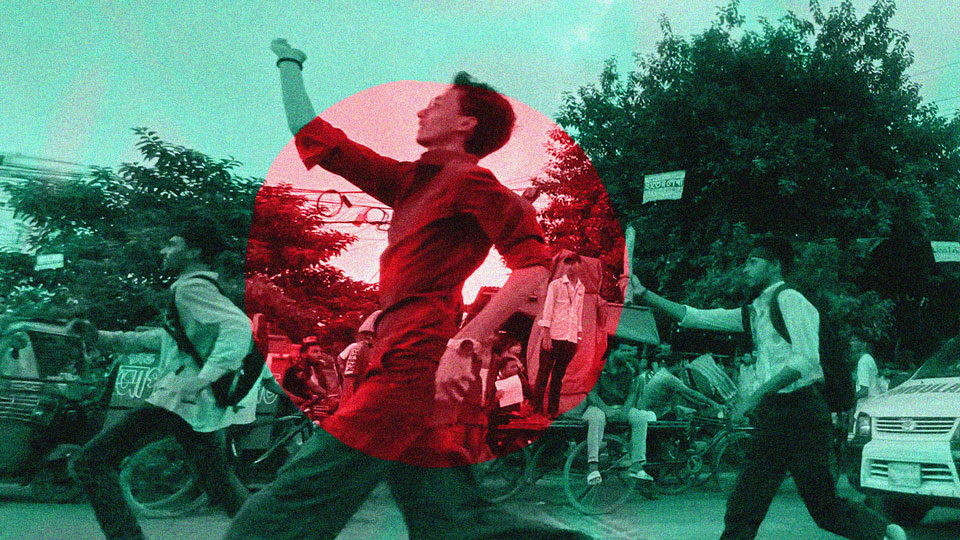The past two weeks saw blood spilled along streets of Dhaka as Bangladeshi students and youth peacefully protested against the quota system for government jobs, only to be greeted with open fire from police forces in return. This government-imposed brutality led to a city-wide and nationwide crackdown on dissent, causing an internet blackout and curfew in an attempt to silence protesters, block communication channels among citizens, and divide public opinion on the national issue. Nearly 200 people were killed in a violent demonstration between the police and anti-quota protesters in just almost a week, while others were illegally arrested and detained.
With the beneficiaries dubbed as “children of freedom fighters,” the government’s job quota system, reinstated by the country’s High Court, intends to allot or set aside 30% of the public jobs to the families of those who fought during the country’s war of independence from Pakistan. This new, preferential policy will only diminish employment opportunities especially for those who are poor and not descendants of war veterans, and will soon further hinder their economic development, which is already impeded by widespread poverty, inequality, and corruption.
In light of the recent human rights violations across the country, the Reality of Aid – Asia Pacific (RoA-AP) is in solidarity with the Bangladeshis against the alarmingly repressive and brutal responses of the state towards its people. We strongly demand, along with student activists, civil society, and people’s organizations, the Bangladesh government to (1) fully return the normalcy of internet and curfews that restrain major communication channels and prevent people and institutions from providing help to the protest victims and other marginalized groups affected by the ongoing crisis; (2) immediately cease all forms of violence and bring equal justice to those who have perished and been killed, and hold its state police accountable for the deaths and arrests of hundreds of protesters; and (3) rightfully uphold and adhere to international human rights laws in bringing justice and equality to its national policies that will champion people’s development, and veer away from subjecting them to further poverty and lesser opportunities.
Bangladesh has long endured decades of instability and dictatorship from governments, exacerbated by geopolitical tensions and conflicts across its borders. Its people have suffered the most and carried the brunt of widening inequality and maldevelopment. The recent killings have only unpacked the country’s deep-seated crises of vicious corruption, unseen human rights abuses, and unstable economy. As the country also reached its $100 billion worth of external debt mark, RoA-AP believes that the government must shift the development trajectory of the country away from unfair policies that erode civic spaces and hamper development for all. It is through responses focusing on people’s humanitarian needs, mitigating conflicts and protecting peace, and pushing for an inclusive development that the government could genuinely forward equal rights and opportunities for the Bangladeshi people.
Photo by Shakibul Haque Siam from Flickr.

